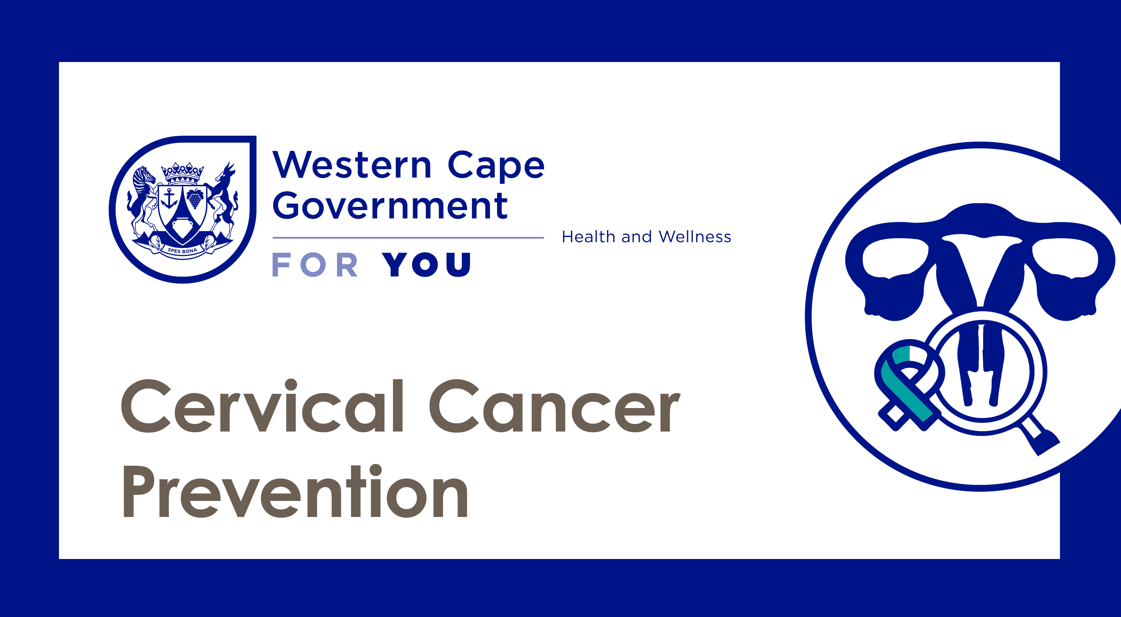
This course aims to equip all healthcare workers to improve cervical cancer prevention through a comprehensive approach, by focusing on both primary and secondary prevention strategies, ensuring early detection and effective intervention.

This course aims to equip all healthcare workers to improve cervical cancer prevention through a comprehensive approach, by focusing on both primary and secondary prevention strategies, ensuring early detection and effective intervention.
Course Design: Self-directed
Duration: It will take you 3 hours to complete.
Eligibility for this course: All healthcare workers, but specifically those working in women's health, in Western Cape Government facilities.
Accreditation: HPCSA: Level 1 - 1 Clinical CPD point; 2 Ethical CPD points; WCDHW Nursing CPD Accredited: 3 CPD points in Area of Practice.
Certification: Participants need 70% pass mark for final quiz.
Published: July 2025
This course covers the following content: |
| Content outline: |
1. Module 1: Overview of cervical cancer
|
2. Module 2: Communicating with empathy
|
3. Module 3: Primary prevention
|
4. Module 4: Secondary prevention
|
Western Cape Government Department of Health and Wellness
People Development Centre
Acknowledgements: